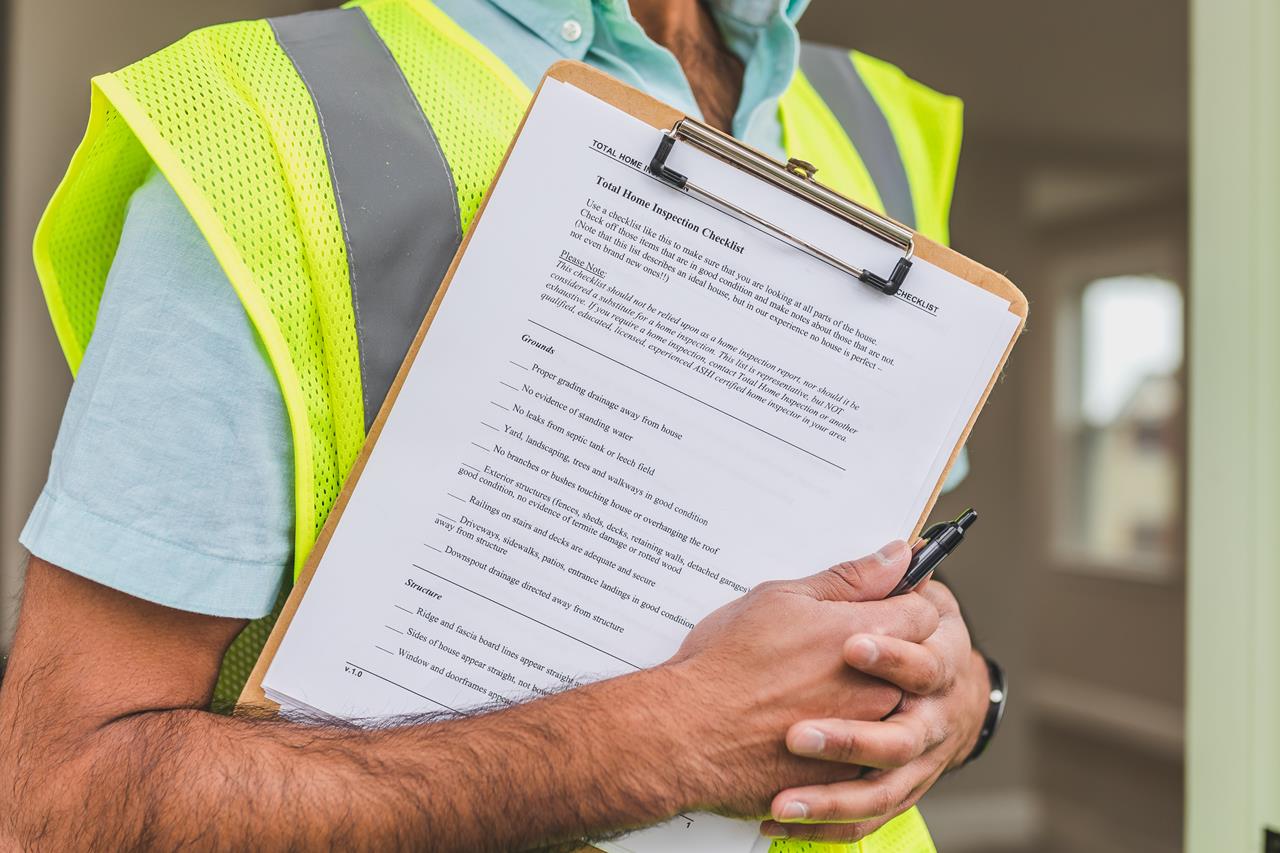On 24 October 2025, the Department of Forestry, Fisheries and the Environment (DFFE) released the Draft National Guideline for Consideration of Climate Change Implications in applications for Environmental Authorisations (EA), Atmospheric Emission Licences (AELs) and Waste Management Licences (WMLs). This Notice is a revised version of the documents contained in Government Notice R.559 of Government Gazette No. 47761 of 25 June 2021, and reflects the incorporation of amendments made, based on the first call for public comment.
This draft guideline, which signals another major step towards embedding climate resilience and low-carbon development into everyday business operations, requires new developments, expansions and renewals to meaningfully consider greenhouse gas emissions, climate risks and long-term resilience prior to approval.
The proposed standardised, national approach for assessing climate change implications for environmental licenses ensures:
- consistent evaluation of climate-change impacts during environmental licensing
- support implementation of national climate policy, including carbon budgets, mitigation plans, adaptation frameworks, and GHG reporting systems
- support to applicants on how to identify, assess, quantify, mitigate, and monitor climate-change risks associated with proposed activities
The guideline requires all license applicants to address two major dimensions of climate change:
1. Greenhouse Gas (GHG) Emissions and Mitigation
Applicants must provide a clear, measurable account of their climate footprint, including:
- Direct and indirect GHG emissions
- Emission sources during construction and operation
- Potential for cleaner technology, efficiency improvements and fuel switching
- How the project aligns with national climate targets such as:
- Sectoral Emissions Targets (SETs)
- carbon budgets (if applicable)
- mitigation plan requirements
This shifts the licensing process toward measurable, performance-based climate accountability.
2. Climate Risk, Vulnerability and Adaptation
Projects must also show how they will cope with future climate conditions, including:
- extreme heat events
- water variability and drought
- flooding, storms or sea-level rise
- impacts on communities, workers and local ecosystems
Applicants will need to propose practical adaptation measures such as flood-proof design, water-efficient technologies, stormwater management improvements and climate-informed emergency planning to ensure resilience.
The Draft National Guideline is open for public comment for a period of 30 days from the date of publication. Given the implications on operational resources, it is important that affected stakeholders submit their comments before the deadline.
Contact Ariscu on more information how the Draft National Guideline may affect you and your business.







